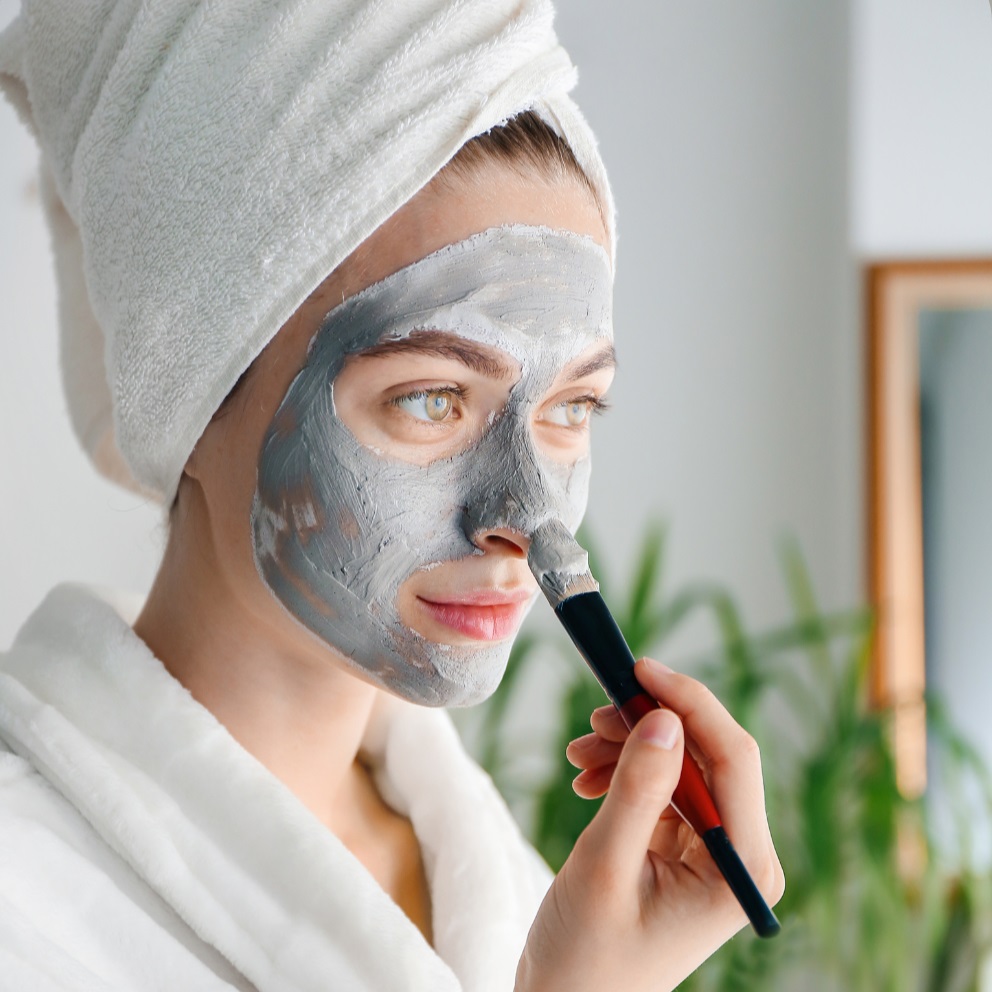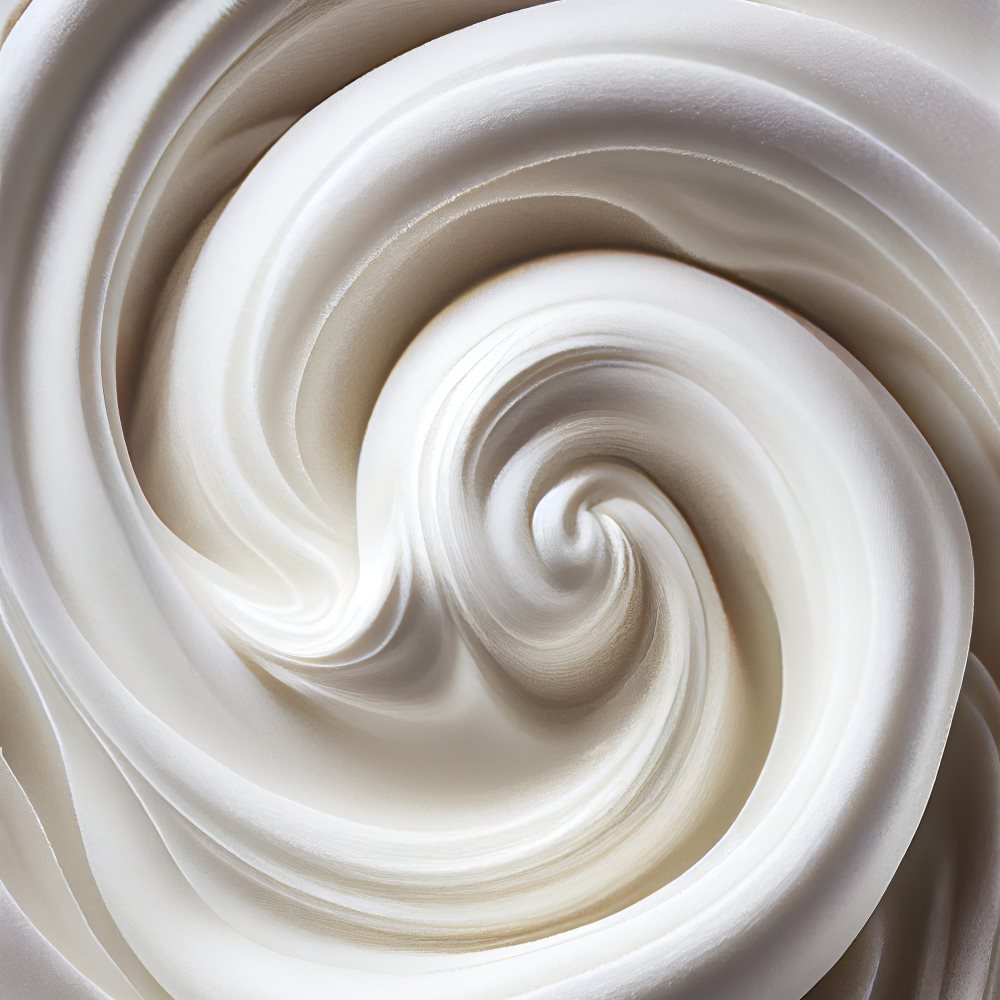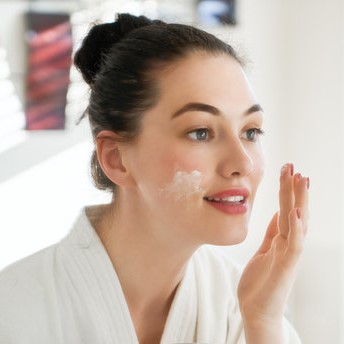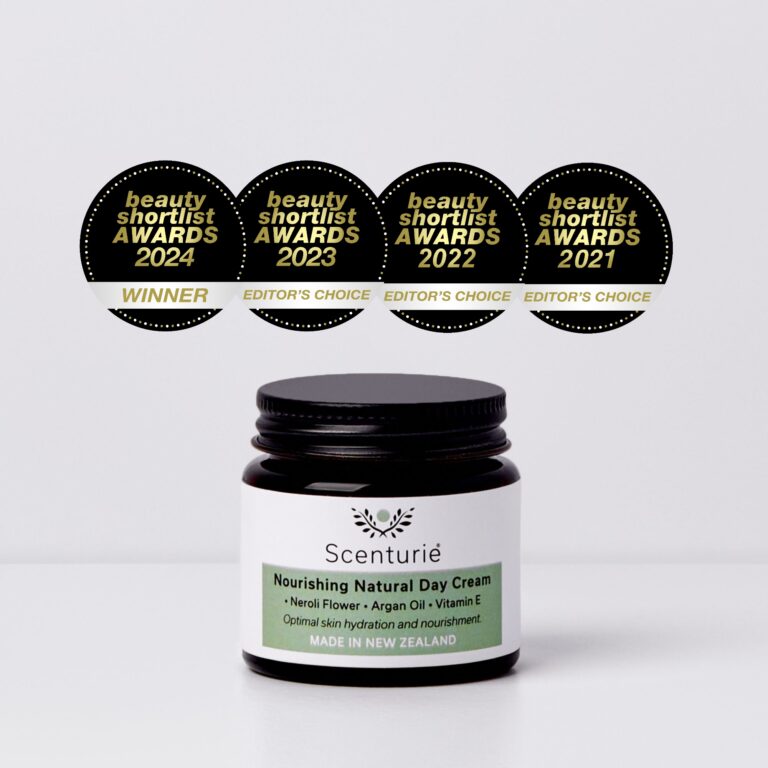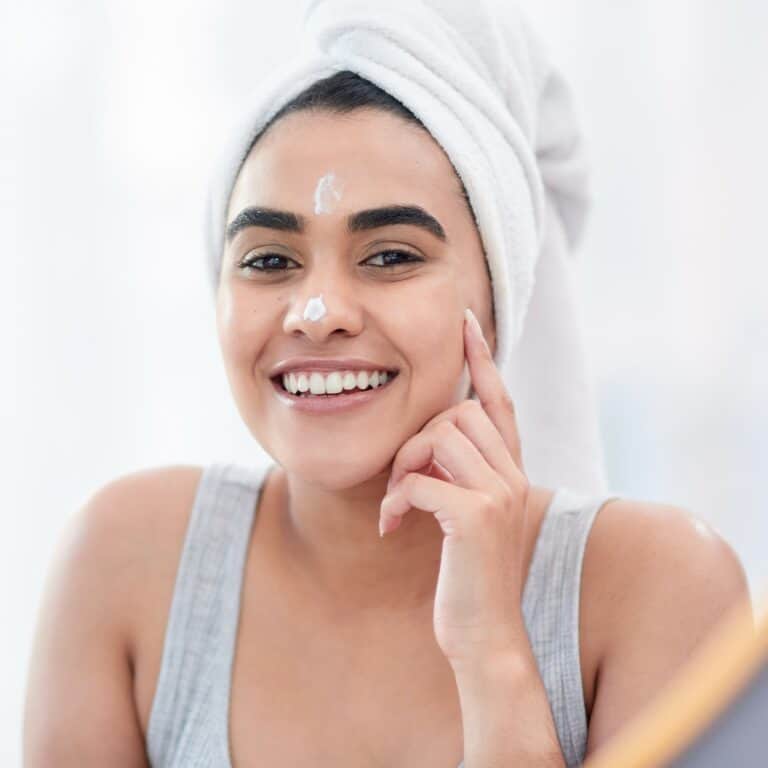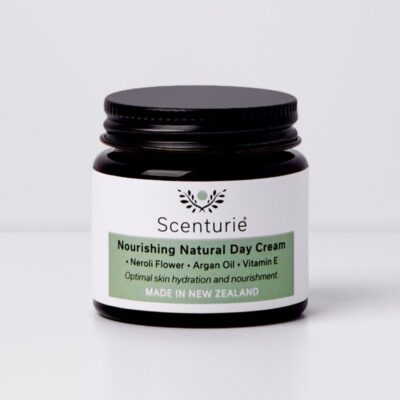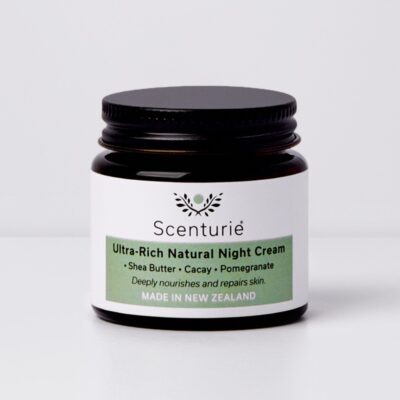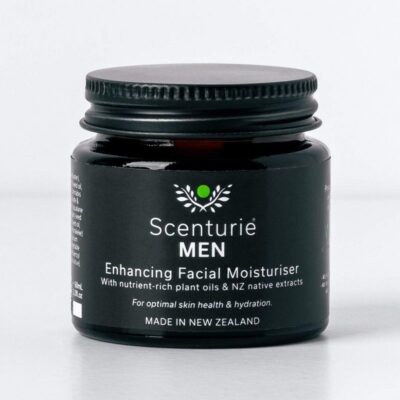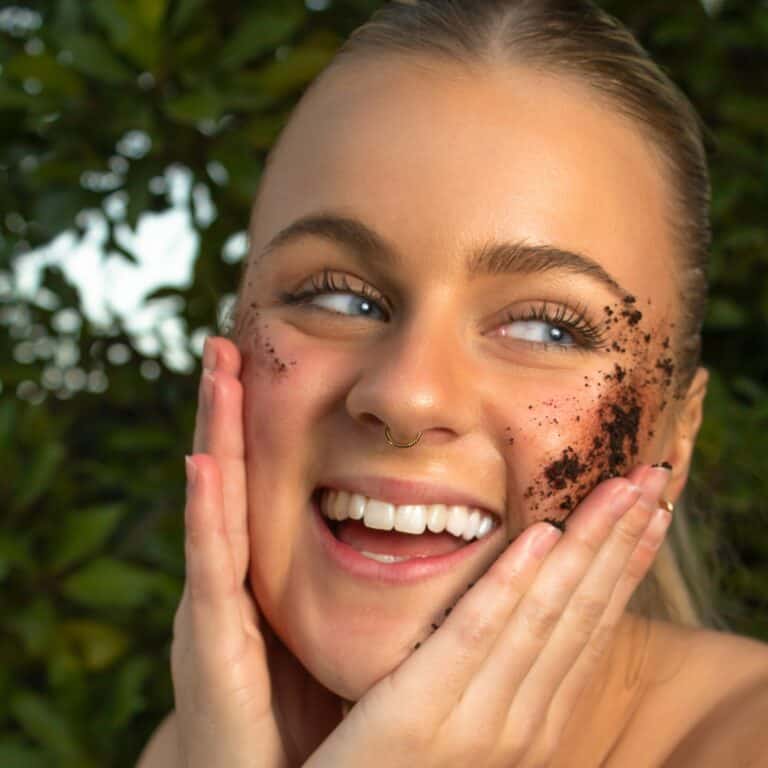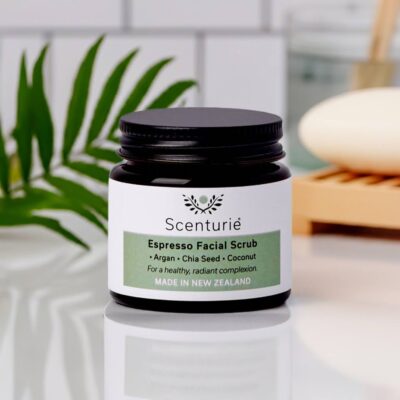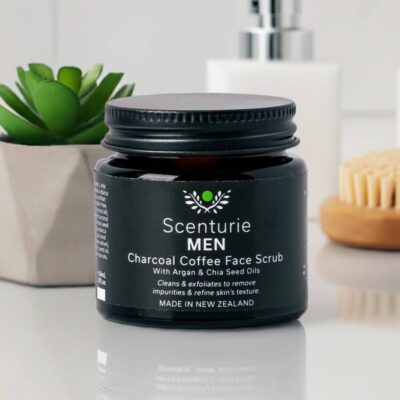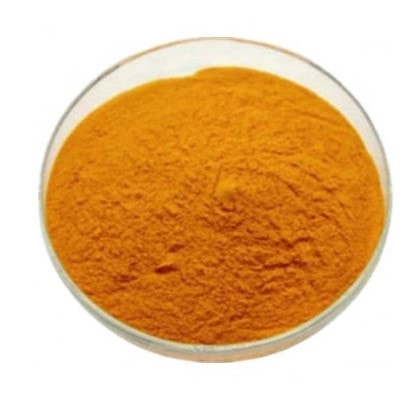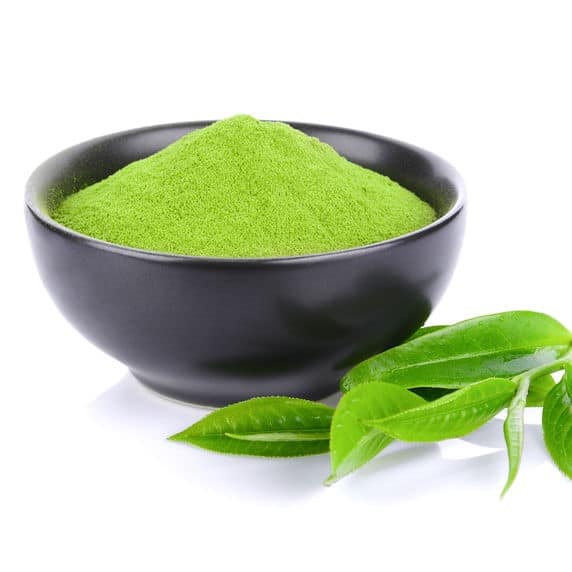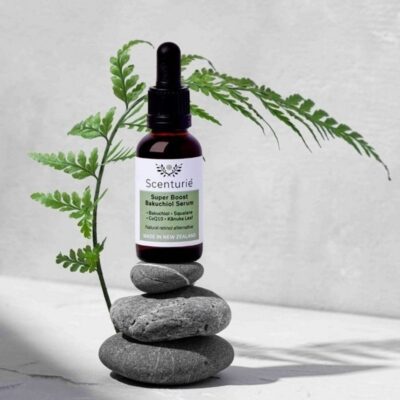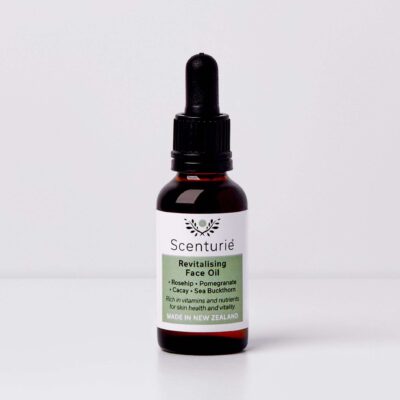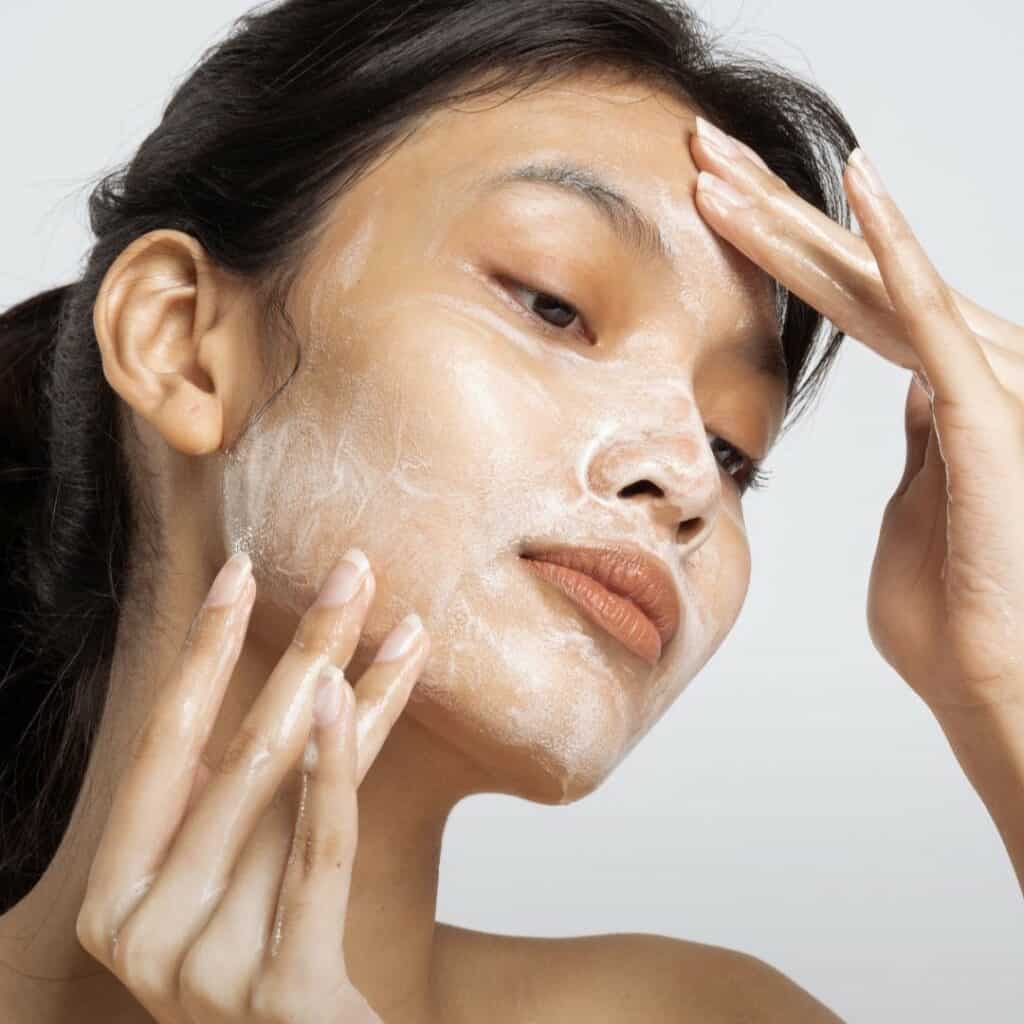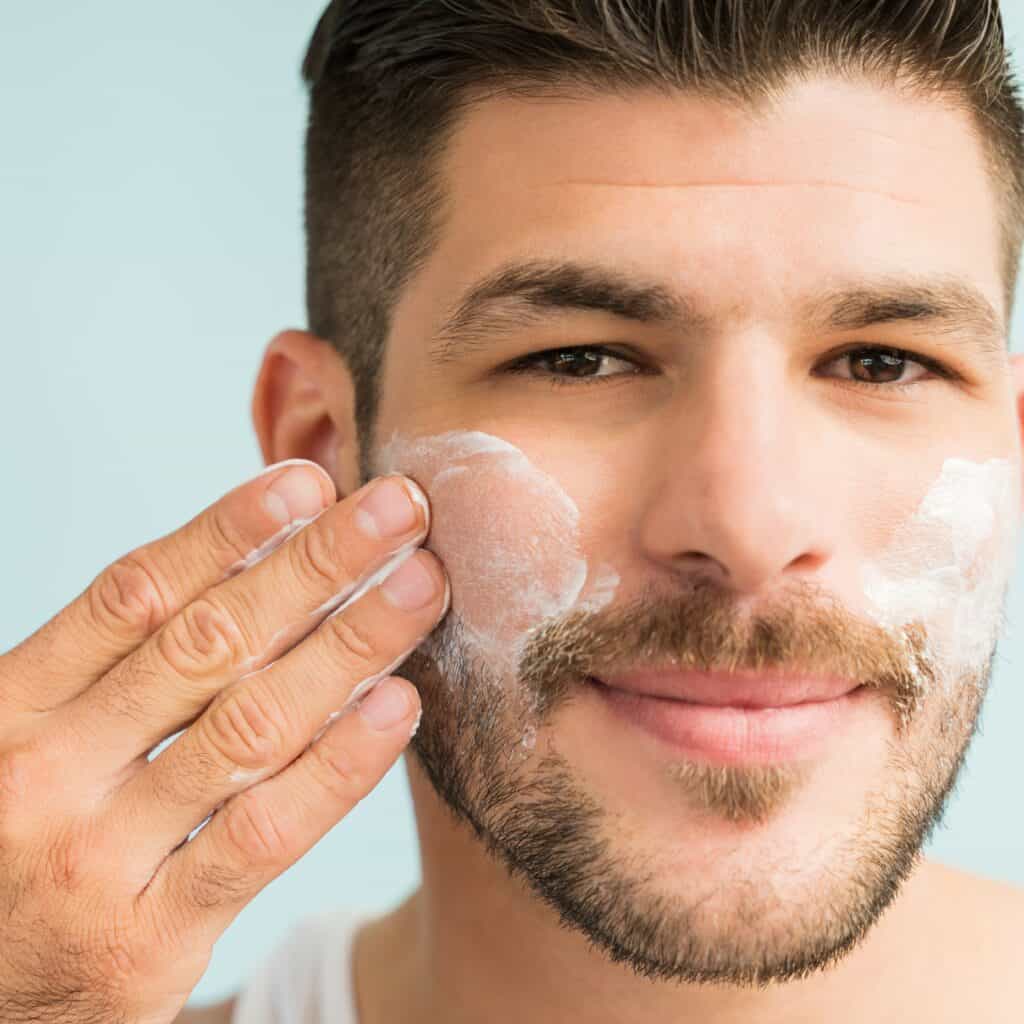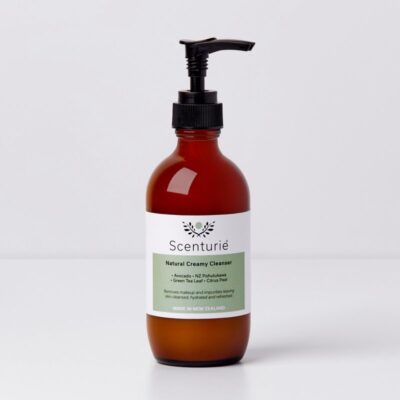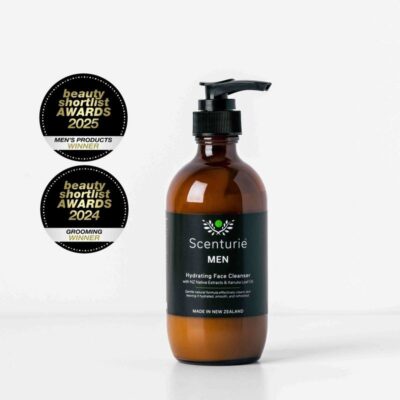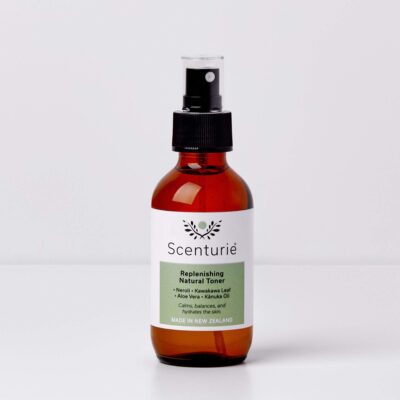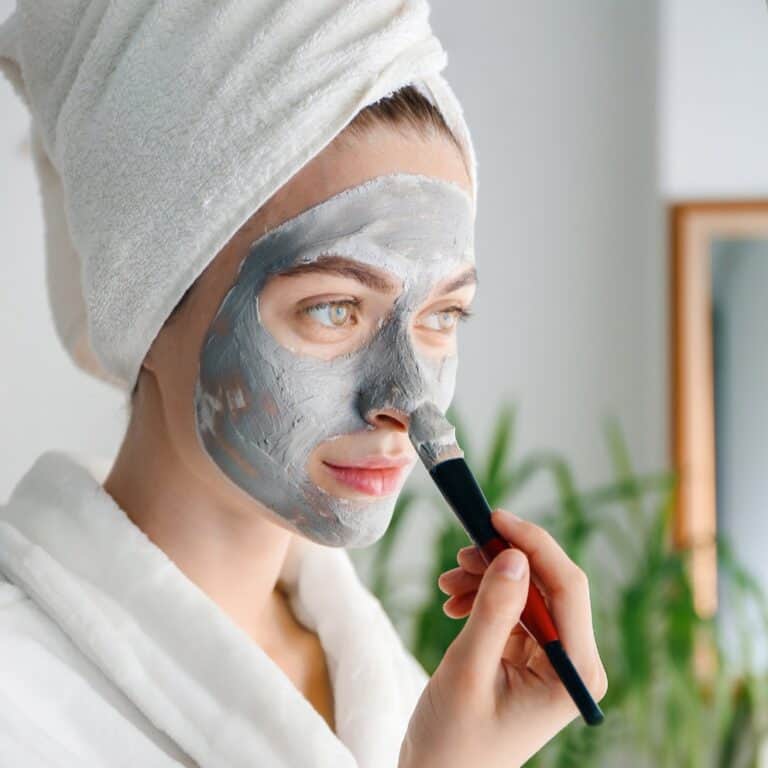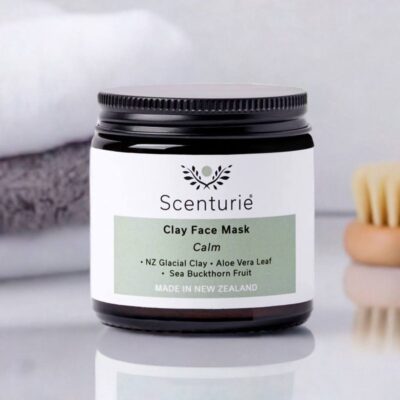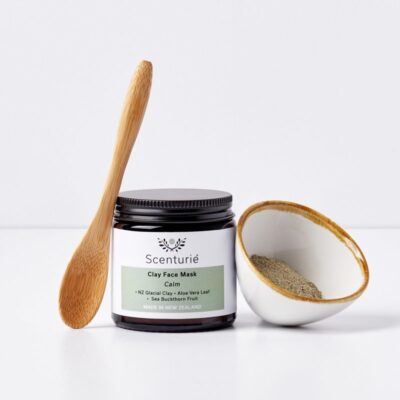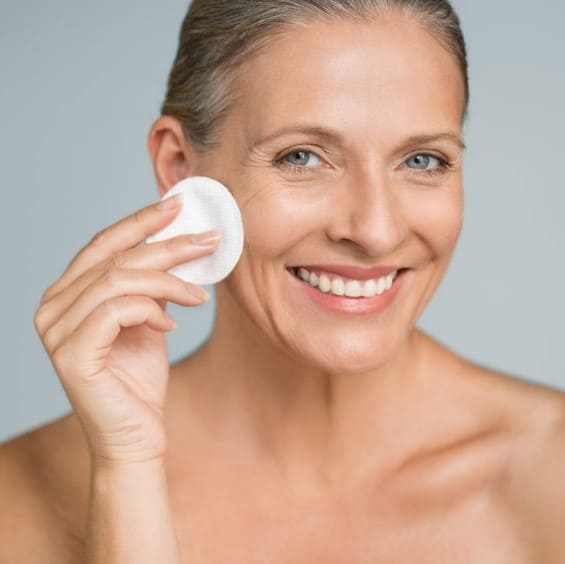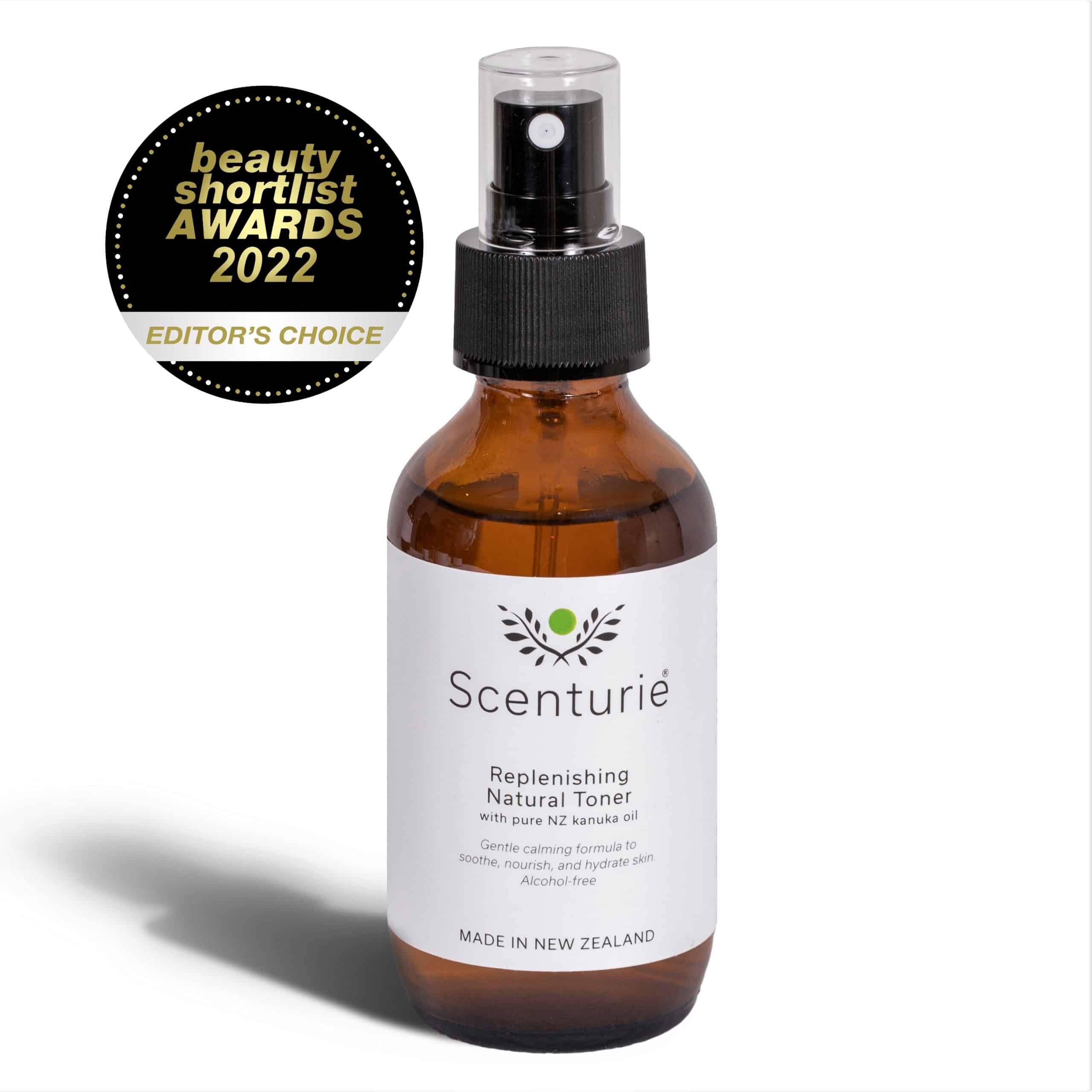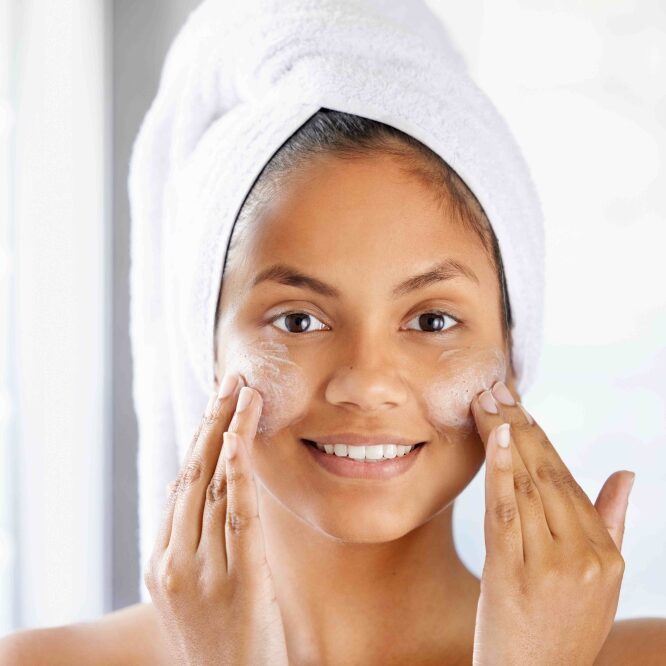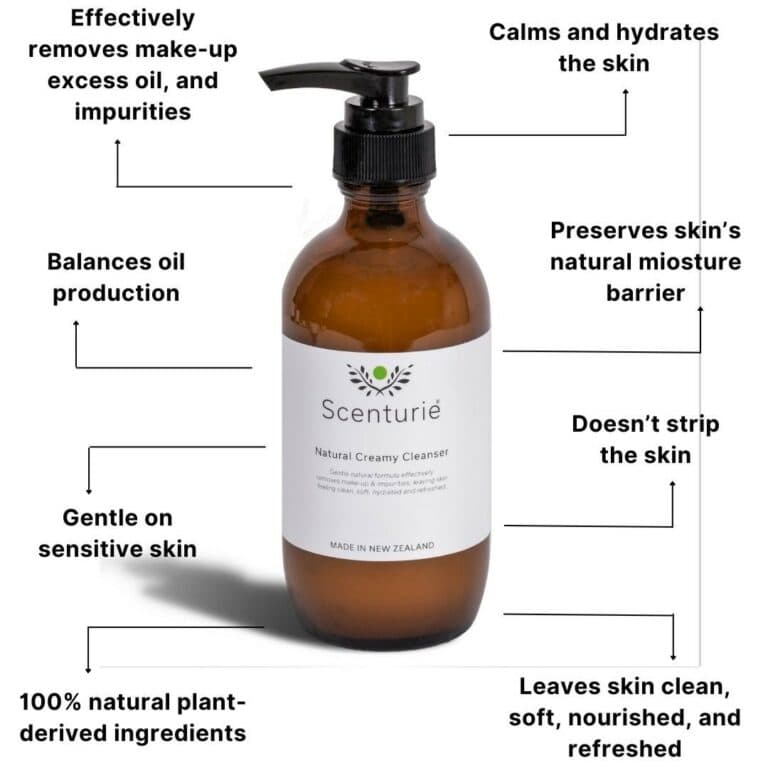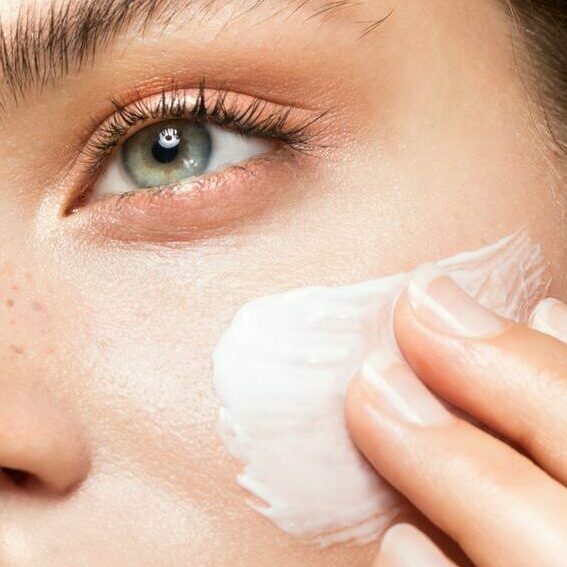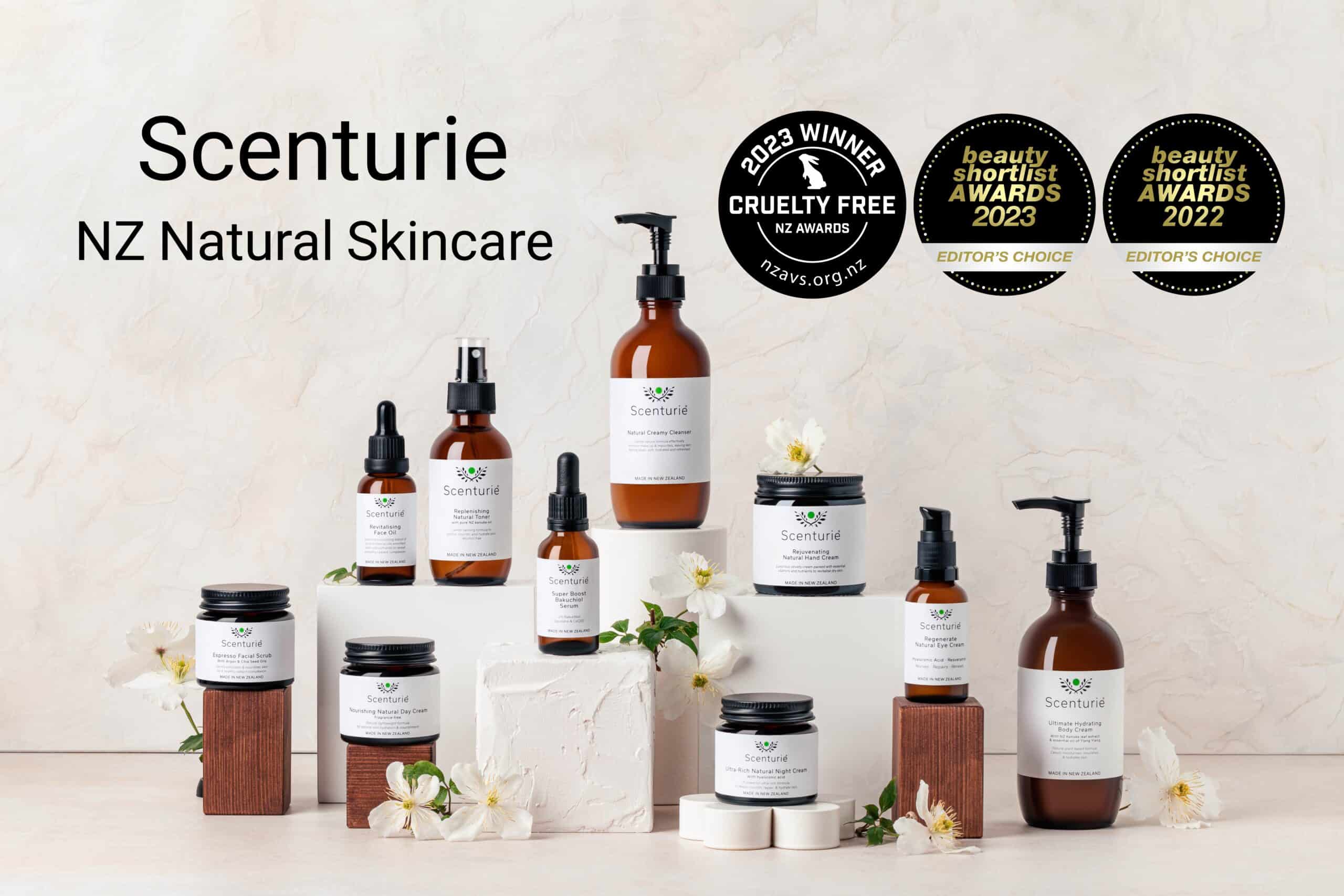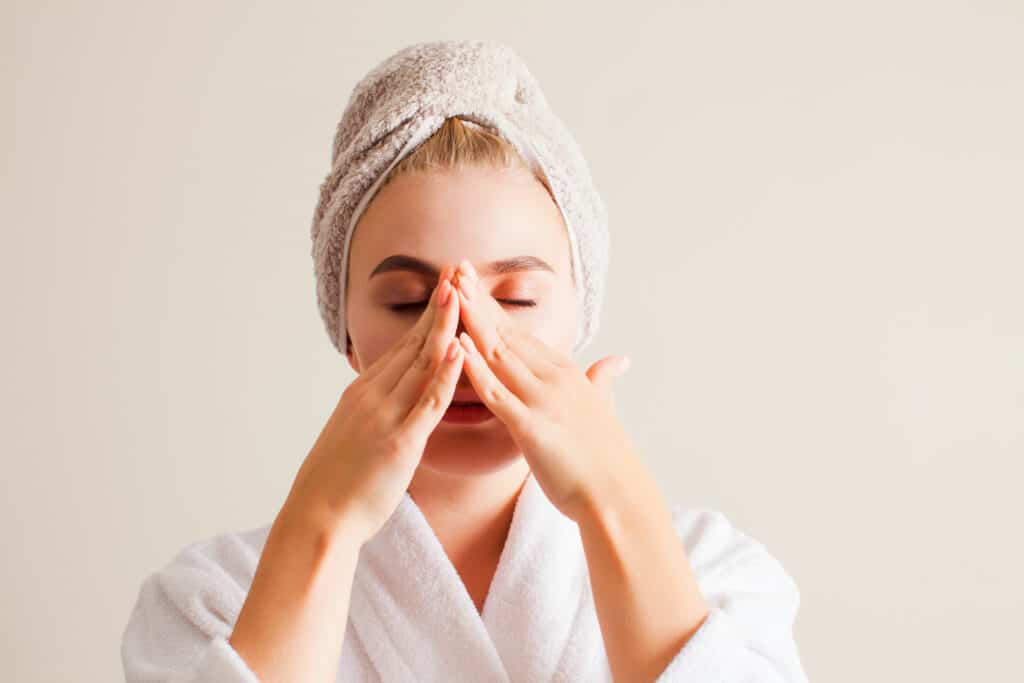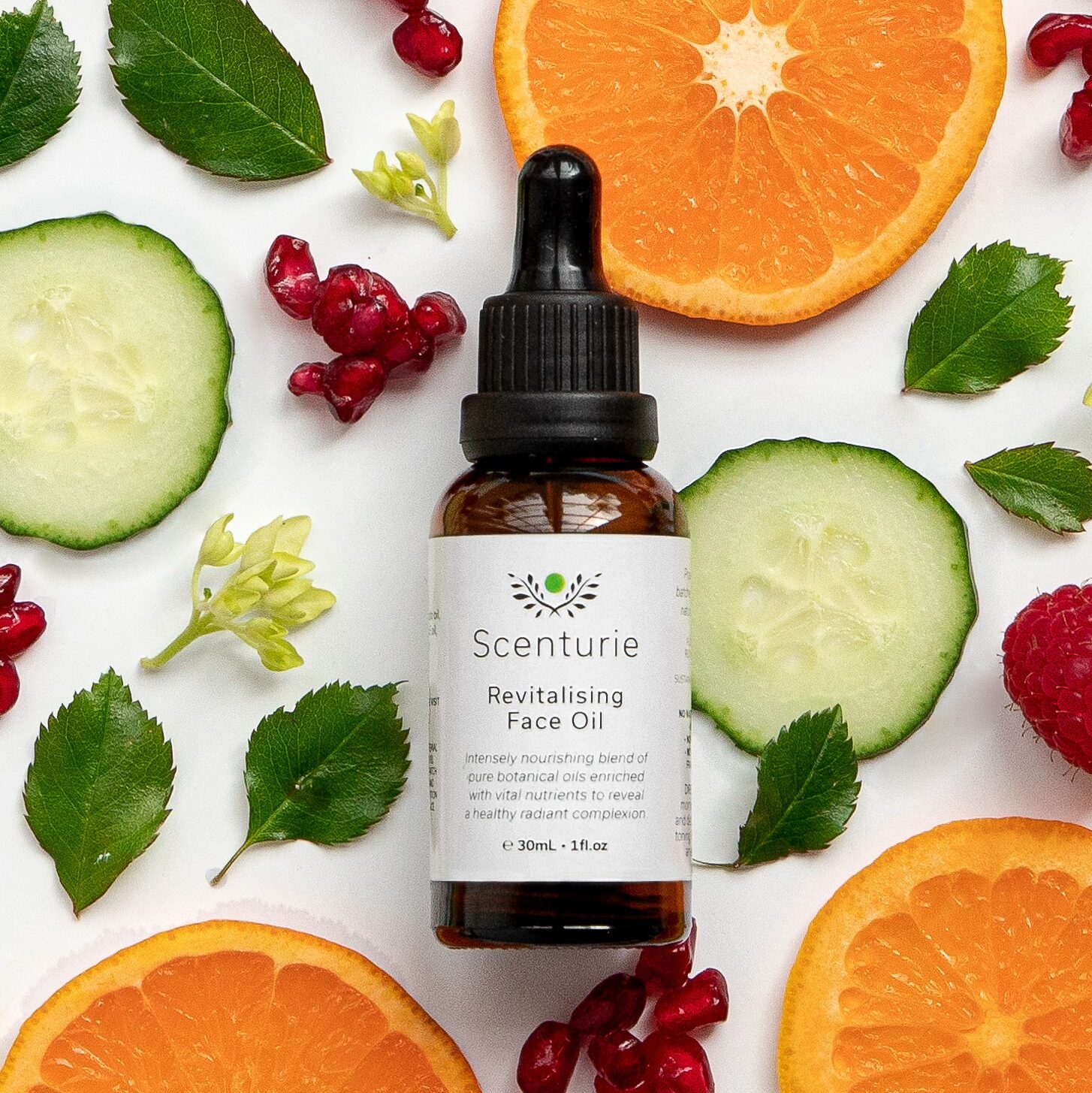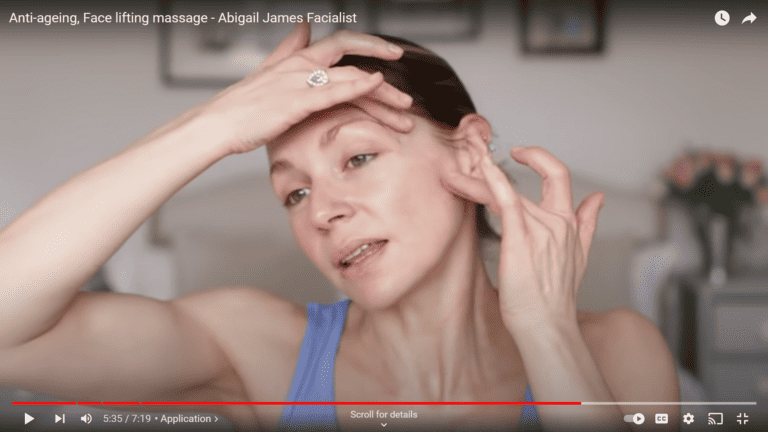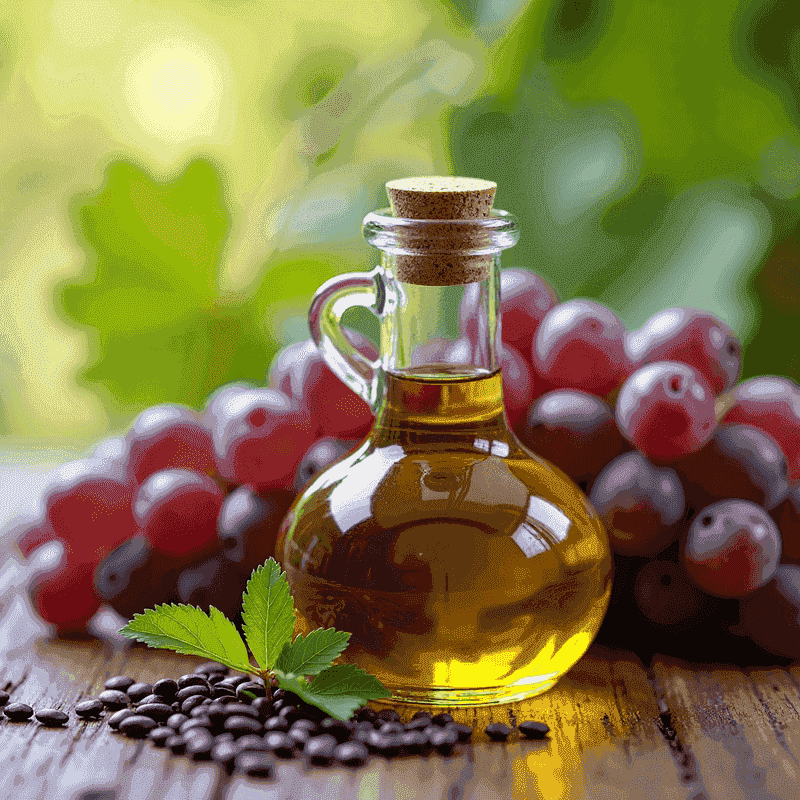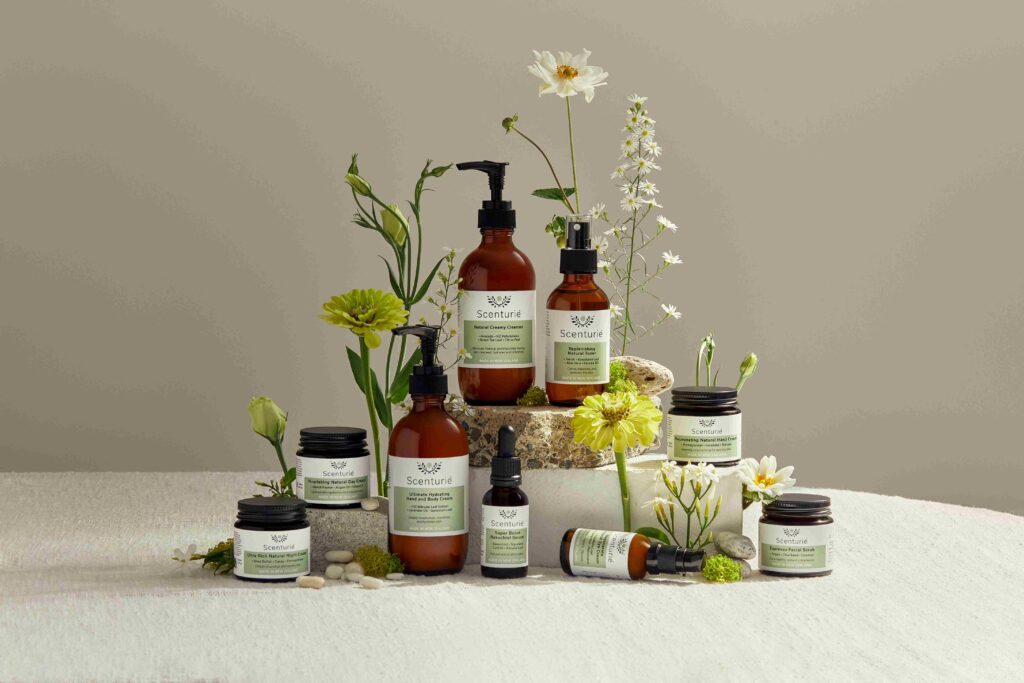Clay Face Mask Benefits: Detox, Purify, & Renew Your Skin
The humble clay mask, a staple in beauty routines for centuries, has recently experienced a resurgence in popularity. Revered by figures like Cleopatra, clay offers a multitude of therapeutic and beautifying benefits for various skin types. Its detoxifying and cleansing properties help achieve a brighter complexion, while its unique mineral content caters to specific concerns – from the gentle white kaolin clay ideal for dry skin to the oil-absorbing French green clay for oily complexions.
Whether you’re seeking a boost for dry skin, a solution for oily skin, or simply a refreshing detox, incorporating a weekly clay mask into your skincare routine can unveil a naturally radiant complexion. Let’s delve into the incredible benefits these ancient beauty secrets hold for your skin.
Why Clay Face Masks Are a Skincare Essential

Clay face masks offer a natural, multifaceted approach to skincare. Acting like a magnet, they draw out impurities, toxins, and excess oil, leaving your skin refreshed and purified. This makes them particularly beneficial for oily and combination skin, helping to control sebum production and prevent breakouts. Additionally, their gentle exfoliating action removes dead skin cells, revealing a smoother, more radiant complexion. Rich in minerals like calcium, magnesium, and potassium, clay masks nourish and revitalise the skin while soothing properties in certain clays, like bentonite, calm redness and irritation. With continued use, they can even help minimise the appearance of pores and restore your skin’s natural pH balance, supporting a healthy skin barrier.
Types of Clay and Their Benefits To Skin

Not all clays are created equal. Here’s a look at some popular types and their unique benefits:
1. Bentonite Clay: Bentonite clay, derived from volcanic ash, is a powerhouse ingredient for purifying and balancing the skin. Its negatively charged molecules act like a magnet, drawing out positively charged toxins, excess oil, and impurities from deep within the pores. Bentonite clay also boasts anti-inflammatory properties that can soothe redness and irritation, making it suitable even for sensitive skin. Regular use can lead to a clearer, healthier complexion with reduced blemishes and a more even skin tone.
2. Kaolin Clay: Kaolin clay, known for its gentle nature, is an excellent choice for all skin types. This mild clay gently exfoliates, removes excess oil, and minimises the appearance of pores without stripping away natural moisture. Rich in soothing minerals, kaolin clay leaves skin feeling soft, supple, and refreshed.
3. French Green Clay: French Green Clay, a mineral-rich powerhouse, is renowned for its ability to detoxify and purify the skin. It effectively draws out impurities, absorbs excess oil, and unclogs pores, making it ideal for oily and acne-prone skin. This gentle clay also exfoliates, revealing a smoother complexion and calming inflammation, making it suitable even for sensitive skin.
4. Ghassoul Clay: Sourced from the Atlas Mountains of Morocco, Ghassoul (AKA Rhassoul) clay is a superfine, mineral-rich powder celebrated for its luxurious skincare benefits. This versatile clay deeply cleanses, gently exfoliates, and intensely nourishes, leaving skin soft, supple, and rejuvenated. When mixed with water, it forms a silky paste that effectively removes impurities without harsh surfactants, making it ideal for all skin types, even sensitive.
Why New Zealand Glacial Clay is a Skincare Superstar!

New Zealand Glacial Clay, found in the pristine Southern Alps, is a unique type of bentonite clay formed over millions of years from volcanic ash and glacial activity. This geological history imbues it with a wealth of minerals and trace elements that deliver remarkable benefits to your skin:
- Unparalleled Detoxification: Thanks to its high cation exchange capacity, New Zealand Glacial Clay acts like a magnet, attracting and absorbing positively charged toxins, heavy metals, and impurities from your skin. This deep cleansing action helps to unclog pores, reduce blackheads, and prevent breakouts.
- Gentle Yet Effective Exfoliation: The fine, smooth texture of glacial clay gently sloughs off dead skin cells, revealing a brighter, smoother complexion. Unlike harsh scrubs, it won’t irritate or damage your skin.
- Mineral-Rich Nourishment: This clay is packed with essential minerals like silica, calcium, magnesium, and potassium, which nourish and revitalise your skin. Silica, in particular, is crucial for maintaining skin elasticity and collagen production, promoting a youthful appearance.
- Anti-Inflammatory Action: Studies have shown that New Zealand Glacial Clay has natural anti-inflammatory properties, helping to soothe redness, irritation, and conditions like eczema and psoriasis.
- Balancing and Healing: The minerals in glacial clay help to restore your skin’s natural pH balance, strengthening its protective barrier and promoting a healthy microbiome.
- Improved Skin Texture and Tone: Regular use of glacial clay can lead to a more refined skin texture, reduced pore size, and a more even skin tone.
- Enhanced Product Absorption: By removing dead skin cells and impurities, glacial clay preps your skin for better absorption of other skincare products, maximising their effectiveness.
Tips for Using Clay Face Masks
- Cleanse First: Start with a clean face to maximise the benefits of the mask.
- Apply Evenly: Apply a thin, even layer of the mask, avoiding the eye and lip area.
- Relax and Let it Dry: Leave the mask on for 10-15 minutes, or as directed.
- Rinse Thoroughly: Use lukewarm water and a soft cloth to remove the mask.
- Moisturise: Follow up with your favorite moisturiser to hydrate your skin.
Introducing Scenturie’s Clay Face Mask Calm

Harnessing the power of New Zealand Glacial Clay, a pure bentonite clay formed millions of years ago, Scenturie’s Clay Face Mask offers a truly rejuvenating experience.
This luxurious cooling clay face mask deeply cleanses your skin by absorbing and eliminating impurities and excess oils. It features New Zealand Glacial Clay, a high-purity Bentonite Clay formed from volcanic ash at the foothills of the New Zealand Southern Alps over three million years ago. It has the unique ability of producing an “electrical charge” when hydrated allowing it to absorb excess oil, toxins, and impurities from the skin.
The tropical infusion of pure organic coconut milk, aloe vera leaf juice, mango fruit, and sea buckthorn fruit delivers essential vitamins, minerals, and antioxidants to the skin helping to stimulate regenerative processes in the epidermis.
How To Use
Prepare the Mask: Mix 2 level teaspoons of clay mask powder with 1 tablespoon of water to create a smooth paste. Take care not to get any water in the clay mask jar.
Apply Evenly: Apply the paste evenly to your face, avoiding the eye area.
Relax and Let It Work: Leave the mask on for 10-15 minutes.
Rinse Off: Gently rinse off the mask with warm water and pat your face dry.
Follow Up: Follow with 2-3 drops of Scenturie Revitalising Face Oil or Super Boost Bakuchiol Serum for a nutrient infusion, followed by Nourishing Natural Day Cream, or Ultra-Rich Natural Night Cream.
The Key Benefits of Scenturie Clay Face Mask Calm
Deep Cleansing: Absorbs excess oil and impurities, minimising the appearance of pores.
Gentle Exfoliation: Removes dead skin cells, revealing a brighter and smoother complexion.
Improved Circulation: Promotes a more even skin tone and a healthy glow.
Stress Relief: The calming scent and luxurious texture create a relaxing self-care ritual.
Indulge in the serenity of Calm and experience skin that is deeply cleansed, soothed, nourished, and energised.
Customer Reviews
“This clay mask is a great addition to any skincare routine. I have sensitive skin and my skin feels deeply cleansed and soothed after each application.” Kathy
⭐⭐⭐⭐⭐
“I am loving Scenturie’s clay face mask! It has a wonderful cooling sensation when applied and smells really nice. My skin looks clean and radiant after use. Highly recommend.” Kylie N
⭐⭐⭐⭐⭐
Clay Face Mask Benefits: Detox, Purify, & Renew Your Skin Read More »

